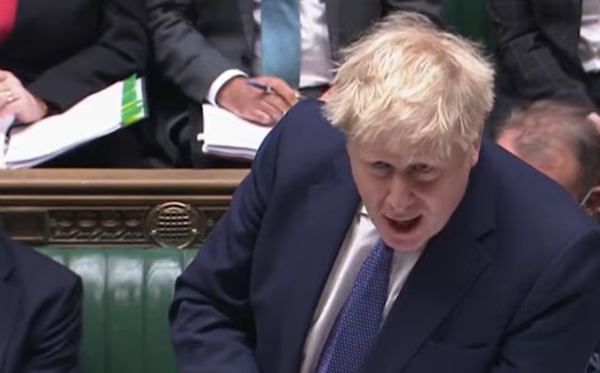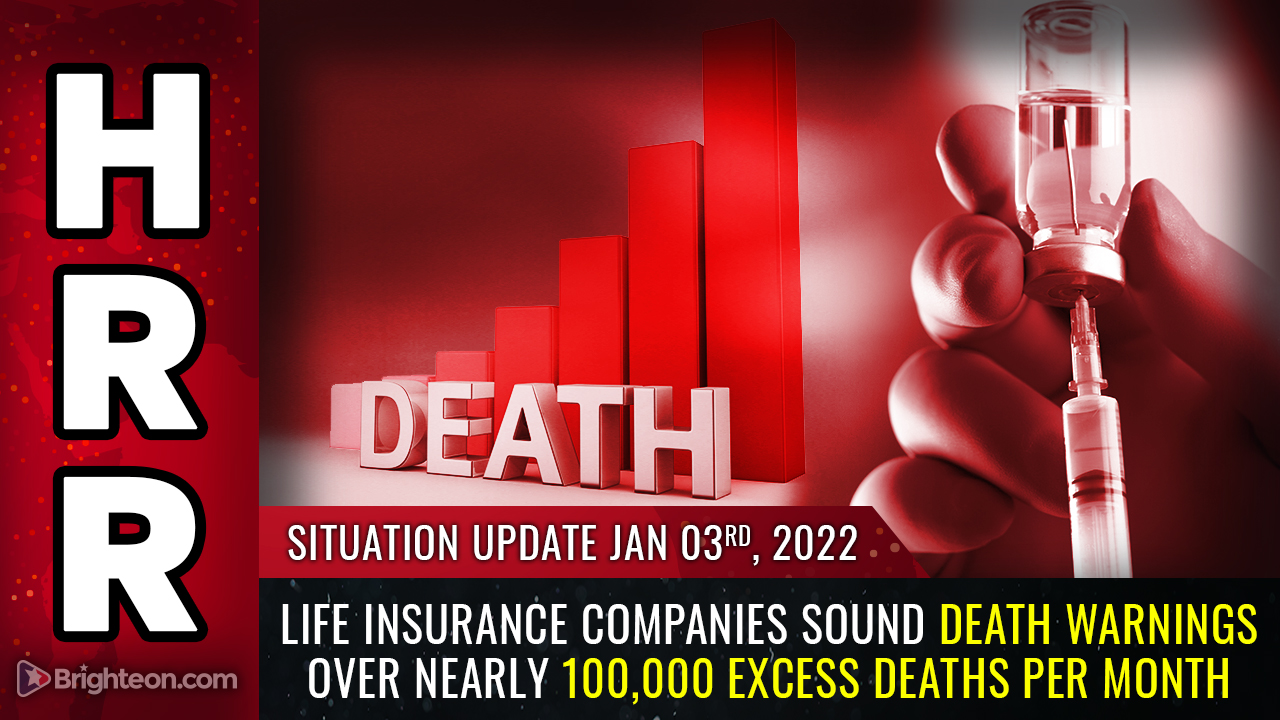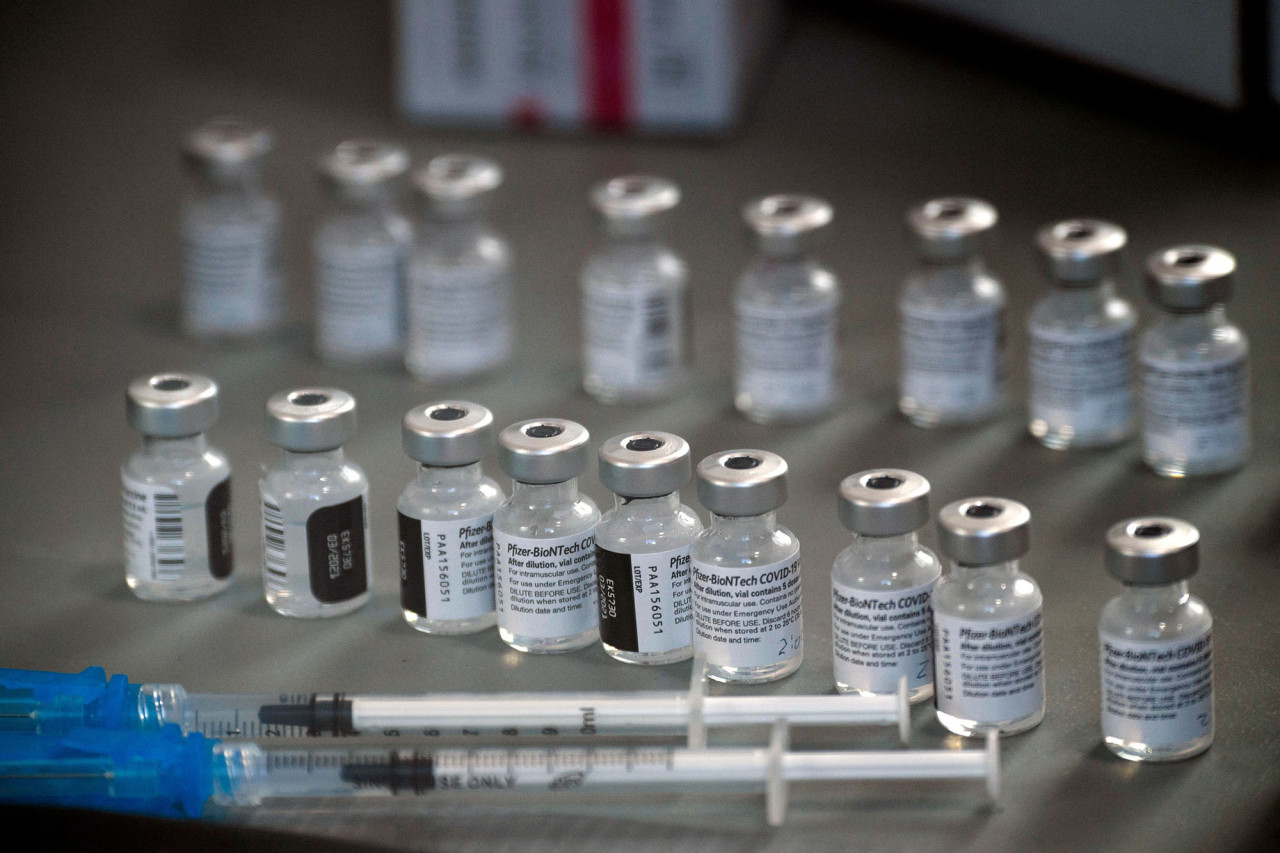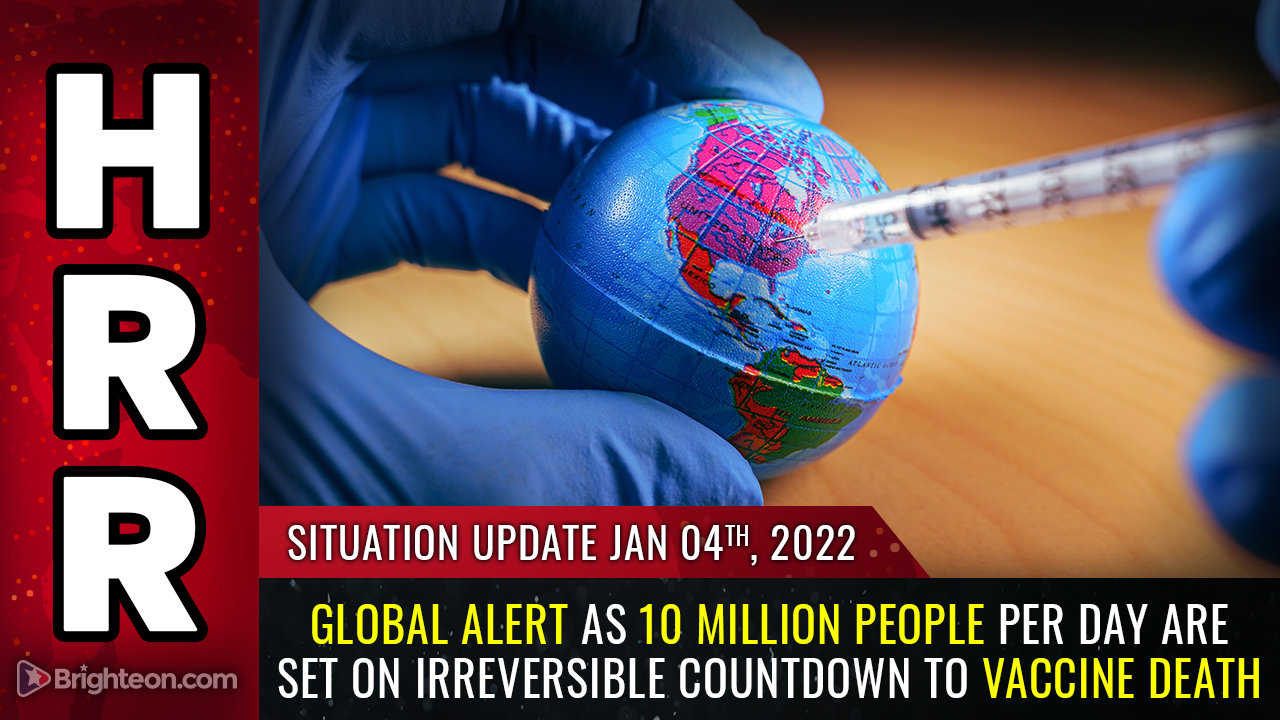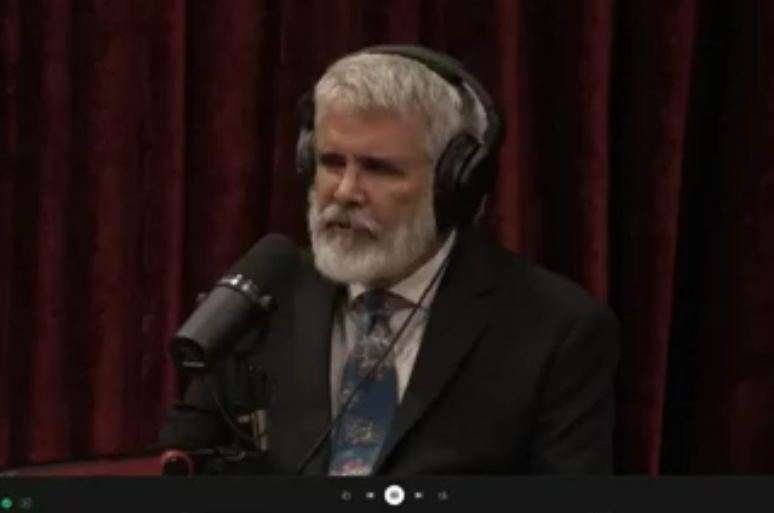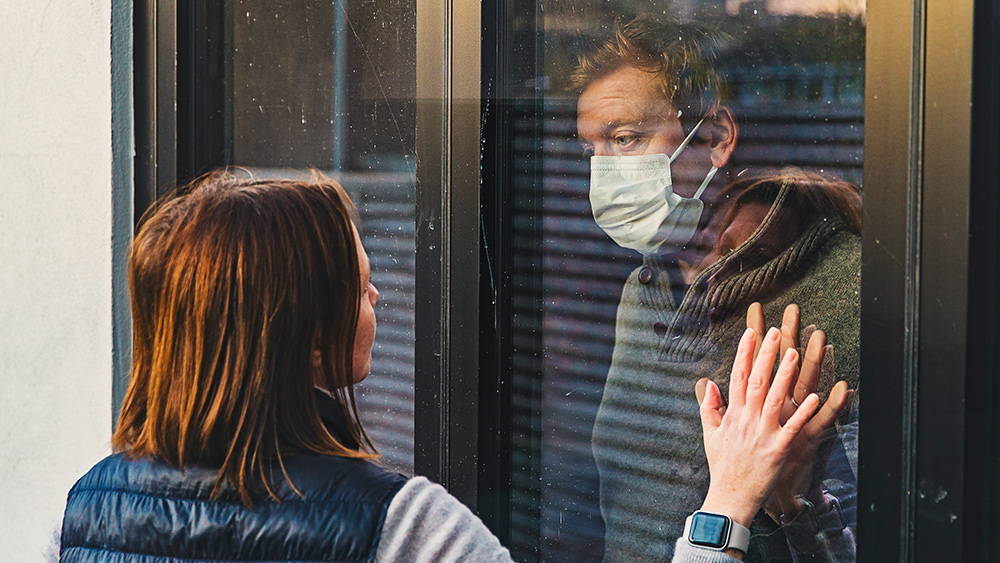Japan is poster child for freedom as it rejects forced vaccination, adds warning to labels
01/05/2022 / By Mary Villareal

The Ministry of Health in Japan has stressed that getting COVID-19 vaccines are not mandatory, as it shifts its focus on giving informed consent on vaccine-related injuries and adverse effects. In addition, the country has also recently labeled its vaccines with risk warnings for myocarditis to ensure that people are informed of what is being injected into their bodies.
In a statement, the ministry said: “Although we encourage all citizens to receive the COVID-19 vaccination, it is not compulsory or mandatory. Vaccination will be given only with the consent of the person to be vaccinated after the information provided.”
The health ministry also noted that citizens can get vaccinated at will, with an understanding of the effectiveness of preventing infectious diseases and the risks of side effects involved. They also emphasized that workplaces cannot force their employees or colleagues to get vaccinated and that they are not allowed to discriminate against anyone who has an unvaccinated status.
The Japanese government also added a link to a human rights advice page that allows citizens to direct their complaints if they face vaccine discrimination at work.
This balanced and ethical approach could do well in other countries as well, and would greatly benefit them if they follow the nation’s lead.
Japan’s policy places the responsibility of healthcare to the individual or their families, which is in contrast with the vaccine mandate approach adopted by many other western nations.
The U.S., for instance, provides a case study in the anatomy of medical coercion, which is exercised by a faceless bureaucratic network: This leads to frustration that can go around in bureaucratic circles as they try to troubleshoot problems or rectify unfair practices.
Bureaucracy in vaccination mandates
In nations with coercive vaccine mandates — for instance, the U.S., the Centers for Disease Control and Prevention makes vaccine recommendations, but the ethical distinction between a recommendation and a mandate will immediately collapse when a government agency or an employer or any institution will require its people to be vaccinated based on such recommendation. (Related: Japan chooses path of sanity and rejects mandatory COVID shots, discrimination against unvaccinated.)
When contesting these mandates in court, the mandating institution can point back to the CDC recommendation for their rational basis for the mandate, and the court will defer to the CDC’s authority on public health. However, this would mean that the business or institution can disclaim responsibility for their decisions to take the mandate into effect.
Similarly, the CDC can disclaim responsibility by pointing out that they don’t make the policies, they simply make the recommendations for which can be the basis of those policies.
In all this, the vaccine manufacturer remains immune and indemnified from liability or harm under federal law, and there is no use going to them if their product can harm individuals.
From vaccine hesitancy to “vaccine champions”
Japan’s Constitution, for practical purposes, has not deployed lockdowns or compulsory mask rules in its approach to fighting the pandemic, leaving people to decide on their own whether or not they would get the vaccine. They provided citizens with full information regarding the possible adverse effects of these vaccines and printed warnings as necessary. Without pushing the vaccine agenda on its citizens, Japan has a relatively good record in pandemic containment with 14.5 deaths per million, as opposed to the 230 per 100,000 in the U.S.
Watch the video below to see how Japan is handling the pandemic effectively.
The video above is from First Brick, which is available for streaming on Brighteon.TV.
Read more at Pandemic.news.
Sources include:
Tagged Under: covid-19, freedom, freedom of choice, government, health freedom, informed consent, Japan, Liberty, medical freedom, pandemic, vaccine mandates, vaccine wars, vaccines
RECENT NEWS & ARTICLES
COPYRIGHT © 2017 VACCINE JIHAD




